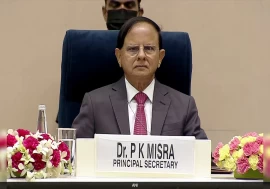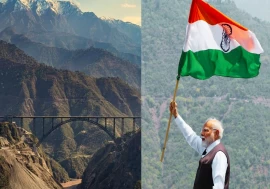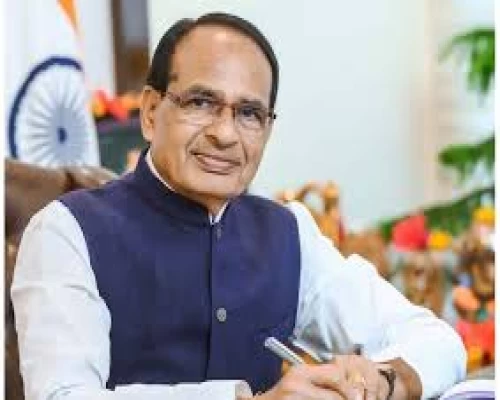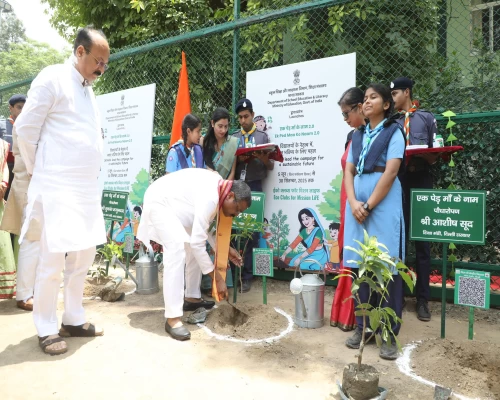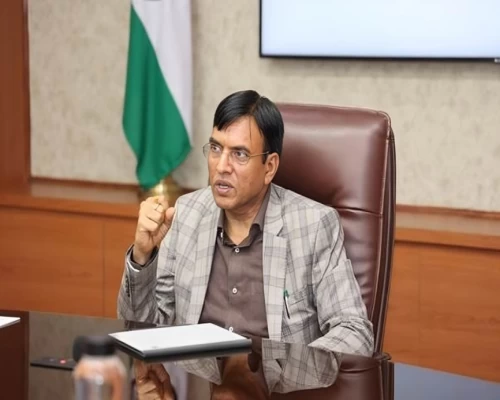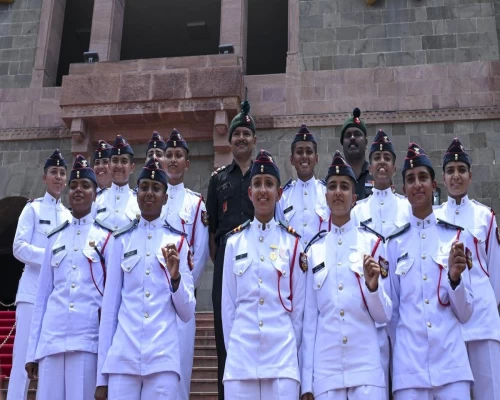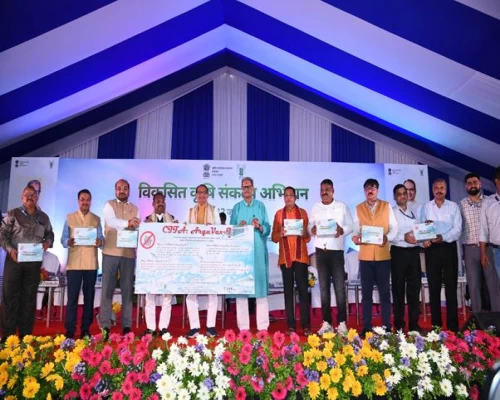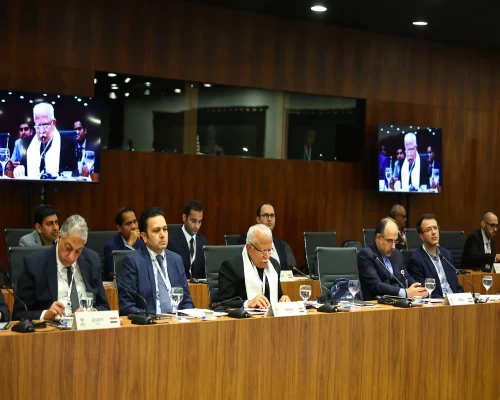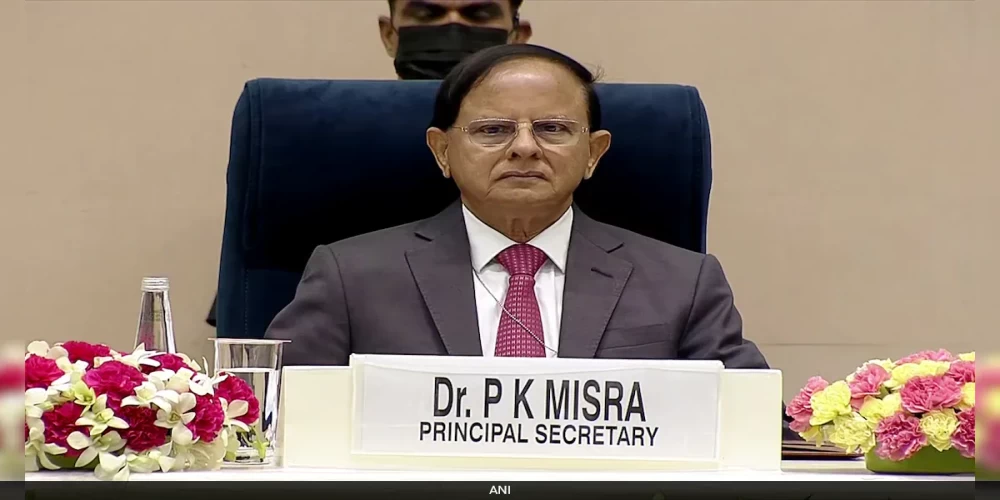
New Delhi: Principal Secretary to the Prime Minister, P K Mishra, has urged for global cooperation to address the growing threat of extreme heat, calling it a systemic risk to public health, economies, and ecosystems. Speaking at the Special Session on Extreme Heat Risk Governance in Geneva on 6 June, Mishra welcomed the UNDRR’s efforts to develop a Common Framework for Extreme Heat Risk Governance.
“Heatwaves are transboundary and systemic risks, particularly for densely populated urban areas,” said Mishra, calling on the international community to enhance data sharing, joint research, and technology collaboration. He proposed the development of a heat-humidity index based on real-time data and urged support for affordable, climate-appropriate cooling innovations.
Mishra noted that India, under Prime Minister Narendra Modi’s leadership, has moved from disaster response to integrated mitigation and preparedness. “India has taken a proactive and forward-thinking approach to extreme heat risk management,” he said.
Highlighting India’s model, he cited the Ahmedabad Heat Action Plan as a breakthrough in demonstrating the role of early warning systems and local coordination in saving lives. Since then, over 250 cities and districts across 23 states have operational Heat Action Plans, supported by NDMA guidelines, with updates issued in 2019.
“India’s approach is whole-of-government and whole-of-society involving multiple stakeholders in improving heat action plans,” Mishra said. Ministries, research institutions, civil society groups, and universities are working with local governments to strengthen planning and response. Mishra also noted that traditional knowledge and community engagement are core to India’s model, with schools playing an active role in spreading awareness.
He announced that National and State Disaster Mitigation Funds can now be used for heatwave prevention and mitigation, enabling local bodies, NGOs, and the private sector to co-finance projects.
The keynote address also highlighted India’s focus on long-term measures such as cool roofs, passive cooling centres, revival of water bodies, and inclusion of Urban Heat Island assessments in urban planning.
Mishra concluded by reaffirming India’s commitment to share expertise and institutional capacities with other countries to ensure a globally coordinated response to extreme heat.
BI Bureau


